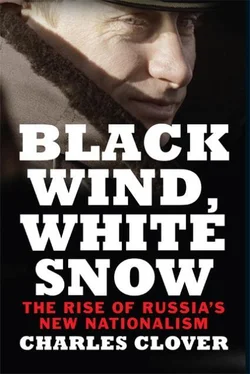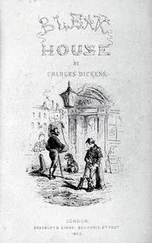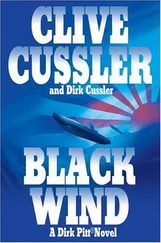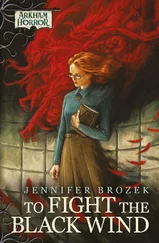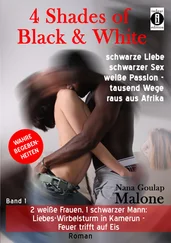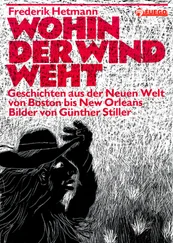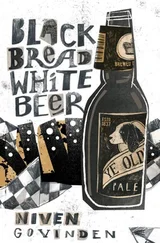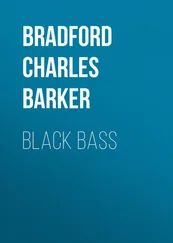Trubetskoy and his family had been forced to flee with little more than a suitcase in October 1917, when they were surprised by the Bolshevik revolution while on vacation in the north Caucasus. Penniless and unable to return to Moscow, the prince and his family had wandered the war-scarred landscape of southern Russia through three years of civil war, through starving countryside and typhoid-ravaged cities, always just one step ahead of the Red Army. They had huddled in Crimea, and presumably the exalted Trubetskoy name had secured them three scarce places on the final allied boatlift across the Black Sea to Constantinople.
Sevastopol presented a grim picture: thousands of soldiers and refugees huddled under black coats and blankets, begging for passage; but most were left to their fate. Taking on passengers to the very last minute, the Whipple set sail for Turkey just as the Bolshevik forces broke into the town square and started firing at the retreating White Russians. It had been a very narrow escape for the Trubetskoys, the end of a harrowing three years; and according to Prince Trubetskoy, it had all been so desperately boring . As he wrote to his friend Roman Jakobson the following month, in his first letter after the ordeal:
‘After the past few years spending a very stimulating life in Moscow, I was first in Kislovodsk, in the most remote provinces, and later in Rostov… there was not a trace of intellectual life and not a soul with whom one could have discussed anything.’ 1
Jakobson and Trubetskoy had known each other since 1914, when they were both students of linguistics at Moscow University. Their destinies divided in 1917: while Trubetskoy fled south, Jakobson had stayed in Moscow during the revolution. He even briefly joined the Bolsheviks, for whom he worked as a propagandist. Then he found employment at a heating plant. In July 1920 he had made his way to Prague as the official translator of a Soviet diplomatic delegation, which he promptly left in order to join the university and complete his PhD.
Finding one another had been a stroke of good fortune for both: the two men were each looking for something from the past to anchor them amid the uncertainty of their flotsam-and-jetsam lives. Jakobson, a fellow exile, was in Prague, while Trubetskoy had made his way to Sofia, Bulgaria, where he found work at the local university. Before the revolution, the two men had belonged to an exalted group of young intellectuals known as the Moscow Linguistic Circle, which had pioneered modern-day literary criticism. So captivated were the pair by the theory of signs, the history of languages, and the difference between writing poetry and writing about it, that they would often tramp the lamp-lit streets of pre-revolutionary Moscow till dawn, finishing their discussion only when the sun came up.
Trubetskoy’s letter was characteristic of the seriousness with which both men took their intellectual pursuits. Few people were so committed to scholarly life that surviving the Russian Civil War would seem like a waste of time. But this obsession with the cerebral was, in fact, fairly typical of many generations of upper-class Russians like Trubetskoy and Jakobson, who viewed philosophy and scholarly theories not as interesting conversation topics, but as total programmes for life and action. It would take the Bolshevik revolution – the ultimate application of theory to human beings – to reveal the terrifying consequences of this otherwise eccentric cultural foible.
We see this obsession with ideas borne out in the letters exchanged between Jakobson and Trubetskoy. Sure enough, having not seen his friend for three years, roughly a quarter of Trubetskoy’s five-page initial letter was devoted to greetings, mutual acquaintances, and a fairly blasé account of his terrifying three-year ordeal. The other three-quarters were devoted to setting out his controversial but penetrating thoughts on linguistic theory. The spirit of scientific endeavour, it seems, had not deserted the prince, even when he contracted typhoid in Baku or had to escape Rostov under bombardment from the Red forces. The most stressful part of the whole ordeal, he told Jakobson, was that in fleeing that city he had been forced to abandon the notes for a new book he was working on (never published), titled Prehistory of Slavic Languages . He feared they were lost forever.
But all was not lost, wrote Trubetskoy. He had managed to reconstruct most of his models from memory and was working on them at that very moment. He would tell Jakobson more in the next letter. But come to think of it, the prince continued, he was keen to share with Jakobson a matter of extreme sensitivity: ‘I was forced to split quite decisively with the dogma of the Moscow school. I was forced to break with other dogmas as well.’ 2He was concerned that the Prehistory was so revolutionary, so provocative, that once it was finished it may not be received too enthusiastically by their colleagues back in the philology department of Moscow University. The arguments he was making would be controversial, he knew. Scandalous, even. ‘If my work is ever printed, it will, quite truly, provoke the bitterest attacks’, Trubetskoy confided to Jakobson.
In fact, five years earlier, Trubetskoy’s concern would not have been misplaced. The Prehistory was a direct broadside aimed at Alexey Shakhmatov, one of the most eminent philologists and historians at Moscow University and leader of the so-called ‘Moscow School’ (though he taught in St Petersburg). His 1915 work Outline of the Oldest Period in the History of the Russian Language 3had sought to elaborately reconstruct the development of Russian and Slavic languages from their ancient roots. The upstart Trubetskoy, barely 30 years old, was calling the sage’s methods into question.
But things in their homeland had changed a lot. In the winter of 1920, the Prehistory of Slavic Languages was probably about the furthest thing from any Muscovite’s mind, philology department or no. Red Guards roamed the streets with orders to shoot dissenters on sight. Food and fuel were scarce, and famine cast a long shadow over the land. As it turns out, fate would forever cheat Trubetskoy of his longed-for duel with the Moscow School. Jakobson’s very next letter to Trubetskoy contained the bad news that Shakhmatov was dead and many of the other members of the Moscow School who would certainly have bayed for Trubetskoy’s blood had he published his heretical views five years previously were also either dead or in exile. To top it off, the entire philology department of Moscow University had been closed by the new Bolshevik regime. Those of its former members who remained alive probably had more pressing matters to attend to, such as finding food and not being shot. 4
However, the one member of the Moscow School who could possibly still have been interested in the subject, happily, was Jakobson. Decades later, after Trubetskoy was long dead and Jakobson was approaching the end of his life (he died in 1982), he would remember Trubetskoy as one of three men of genius he had come to know in his life. The others were Claude Lévi-Strauss, the great French anthropologist and inventor of structuralism, and the Russian poet Velimir Khlebnikov, who transformed Silver Age poetry with his radical Zaum verses. But Trubetskoy, said Jakobson, was in a class of his own:
‘He made an immediate impression on me. I was dazzled after hearing only a few sentences he said at a meeting of the committee of folklore… I immediately said: This must be a man of genius; everything was clear to me.’ 5
Such was their bond that Trubetskoy and Jakobson are hard to separate intellectually. Their ideas were so eerily similar, and their breakthroughs anti-cipated each other so perfectly, that one is tempted to treat them as one scholarly mind rather than two. Even Jakobson noticed this, and in 1972 would tell French TV that given their voluminous and impassioned exchanges, he could no longer clearly distinguish between his own thinking and that of his friend: ‘it was a surprising collaboration, we needed each other’. 6Trubetskoy, for his part, dedicated his masterpiece, The Principles of Phonology (1939), to Jakobson, and wrote to their mutual friend Petr Suvchinsky: ‘I am especially close to and united with Jakobson. In the sphere of scholarship he is, probably, the closest person to me.’ 7
Читать дальше
